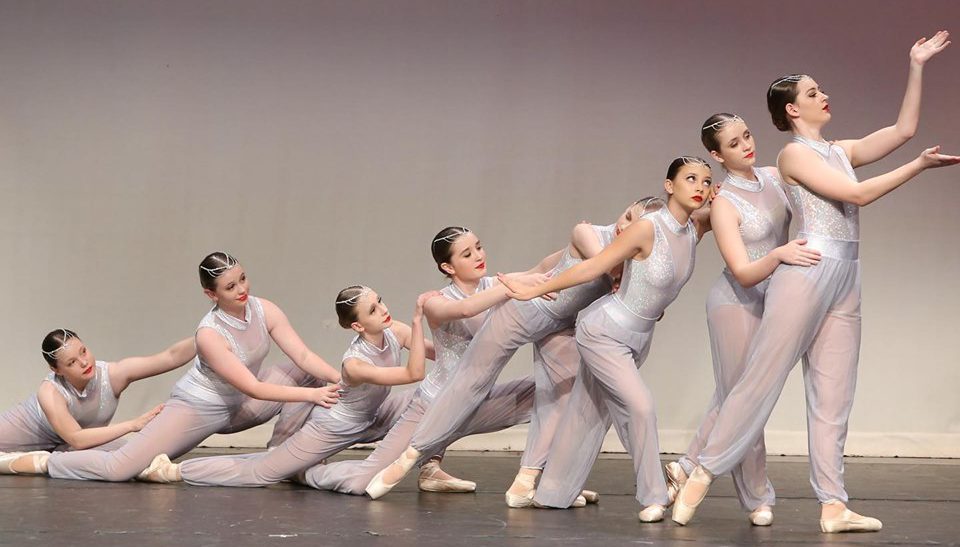At Bayside Dance, we know that for lots of our students, dance is one of a myriad of hobbies they undertake. However, for some dancers, passion, persistence and potential will triangulate, meaning they may want to pursue more specialised dance training.
So what does this mean for you as a parent?
1) Your dancer will need to commit to more hours. That doesn’t mean your dancer has to be at dance every day of the week, but it does mean they will need to take at least 3 classes a week (increasing as they get older). The type of classes may differ pending where their interests lie (for example, ballet and contemporary dancers will want to study ballet, pointe/conditioning and contemporary; whereas musical theatre dancers will want to study ballet, jazz and tap – check out our Showstopper package!)
2) Performing regularly is going to need to become part of their training, so you’ll need to look at auditioning for a performance team or learning solos.
3) Exams are going to be really helpful for your dancer in improving their technical skills and confidence. The feedback from an external examiner is super valuable, as is the extra practice your dancer will undertake when working toward their goal!
4) You might want to start looking at your options for future study, whether that be a certificate program alongside schooling (check out our Certificate programs) or Diploma/Degree style courses post-school. If you can, find out what styles are taught at their auditions – this will help you to know which styles you should be covering in your classes.
5) Get to know the industry. As they get older, it’s a great idea for dancers to have an idea of where their passion might take them. Dance can be an asset to a range of careers, including dance teacher at a studio or high school, choreographer or professional dancer (ranging from touring productions, children’s shows, cruise ships, theme parks, company dancer and more). Dancers may also branch out into related industries, such as dance physiotherapist, arts administration, backstage roles and more. See live dance and musical performances whenever you can, as this will help you understand what is required within the industry, and where your skills and interests might fit best.
Above all, it’s important that any passionate dancer is supported by both their studio and family. At Bayside Dance, we love helping dancers reach their fullest potential, so please reach out to us at hello@baysidedance.com.au if you need any guidance on how to progress your child through their dance journey.
Miss Kaitlin
Kaitlin Hague is the Director of Bayside Dance, holds a Bachelor of Creative Industries (Dance) and a Master of Arts. She is a passionate dance educator, journalist, adjudicator and choreographer. When she’s not dancing she’s enjoying the beautiful Bayside lifestyle and spending time with her two dogs, daughter and husband.


